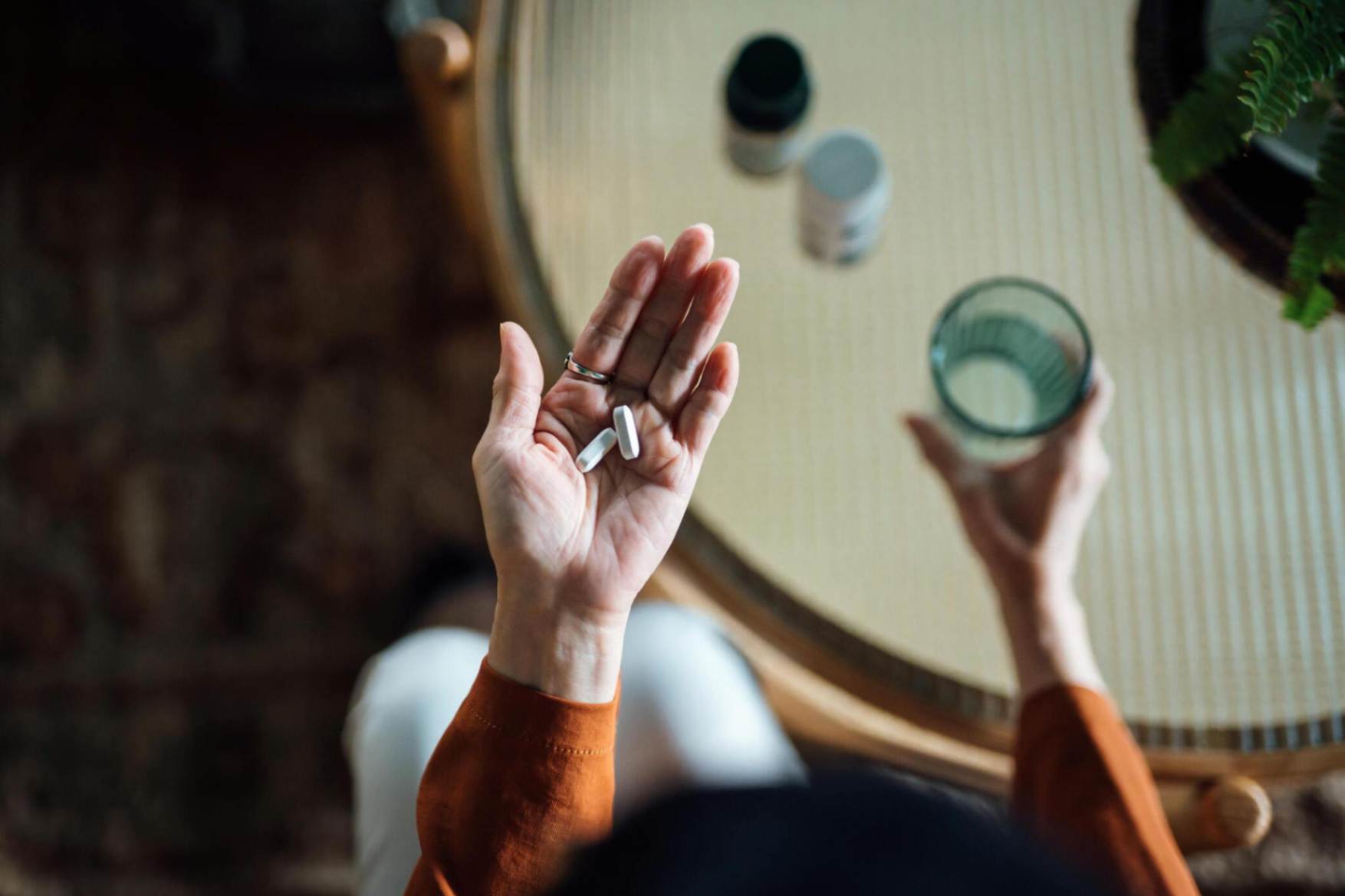In the realm of competitive sports, where physical prowess is often spotlighted, the mental health of athletes has historically taken a backseat. However, with growing awareness and understanding, the psychological well-being of athletes is now recognized as equally paramount.
Obsessive-Compulsive Disorder (OCD), a condition characterized by unwanted and intrusive thoughts (obsessions) leading to repetitive behaviors (compulsions), poses a significant challenge for many in the athletic community.
Recent OCD clinical trial treatments herald a promising frontier for enhancing athlete’s mental health, thereby significantly improving their performance and resilience.
These groundbreaking studies explore novel therapies and interventions, aiming to offer athletes more effective tools for managing OCD symptoms. Learn more about how these advancements could revolutionize mental health support in the sports world
This article explores the latest advancements in OCD treatment through clinical trials and their potential impact on athletes.
Cognitive Behavioral Therapy (CBT)
CBT stands as a cornerstone in treating OCD, focusing on altering negative thought patterns to change behavior. Recent clinical trials have aimed to refine and adapt CBT for more specific applications, including within sports settings.
Innovative approaches, such as virtual reality CBT (VR-CBT), where athletes are immersed in simulated environments to confront fears or compulsions, have shown promising results.
For athletes, this means potentially reducing the impact of OCD symptoms on their training and performance by facing and managing their triggers in a controlled, realistic setting.
Exposure Response Prevention (ERP)
ERP, a subtype of CBT, involves direct exposure to the source of fear without engaging in compulsive behaviors. Recent trials have tested more intensive and tailored ERP protocols to accommodate the unique pressures athletes face.
For example, customized ERP programs might simulate competition settings where OCD symptoms are most triggering, teaching athletes to tolerate distress without resorting to compulsions.
This method’s application in sports psychology could significantly enhance an athlete’s ability to maintain focus and composure under pressure, a critical aspect of competitive success.
Medication
While psychotherapy approaches like CBT and ERP are at the forefront of OCD treatment, medication remains a vital component for many.
The latest trials are exploring new pharmaceuticals and combinations thereof to manage OCD symptoms more effectively, with a keen focus on minimizing side effects that could impair athletic performance, such as drowsiness or decreased reaction time.
Advances in pharmacogenomics and how genes affect a person’s response to drugs also pave the way for personalized medication plans, ensuring that athletes receive the most effective and least disruptive treatment.
Neuromodulation Techniques
Neuromodulation techniques, including transcranial magnetic stimulation (TMS) and deep brain stimulation (DBS), represent the cutting edge of OCD treatment, targeting the brain’s neural circuits directly.
Recent clinical trials investigating the efficacy of these treatments for OCD offer hope for cases resistant to traditional therapies. For athletes, neuromodulation presents a potential breakthrough, especially for those whose symptoms have not responded to other treatments.
By directly altering the brain areas associated with OCD, athletes could experience significant symptom relief, leading to improved concentration, decreased anxiety, and better overall performance.
Integration of Wellness Technologies
The integration of wellness technologies, such as biofeedback and wearable stress monitors, into OCD treatment strategies is another area of exploration.
These technologies offer real-time data on physiological responses to stress and anxiety, enabling athletes to become more attuned to their triggers and responses.
Clinical trials are examining how these tools can complement traditional OCD treatments, offering athletes a tangible way to monitor their progress and gain greater control over their symptoms.
The Potential Impact on Athletic Performance and Mental Resilience
The implications of these clinical trials for athlete mental health and performance are profound. By providing more effective, personalized, and less intrusive treatment options, athletes can manage their OCD symptoms without compromising their training or competitive edge.
Moreover, the focus on innovative treatments like VR-CBT and neuromodulation reflects a broader shift towards holistic and integrative care approaches, recognizing the unique challenges and pressures athletes face. Improved management of OCD not only enhances athletic performance but also contributes to overall mental resilience.
Athletes equipped to handle their OCD symptoms can apply similar strategies to other areas of stress and anxiety, whether related to competition, injury recovery, or personal life.
This resilience translates into better focus, greater mental toughness, and a more adaptive response to the inevitable ups and downs of a sports career.
Embracing a Holistic Approach to Athlete Well-being
The evolution of OCD treatment within clinical trials signals a broader shift towards a more holistic approach to athlete health. Recognizing the interconnectedness of mental and physical well-being, researchers and clinicians are increasingly advocating for integrated care models.
These models prioritize a comprehensive wellness strategy that encompasses mental health, physical health, nutrition, and recovery.
For athletes with OCD, this holistic approach ensures that treatment plans are not just about managing symptoms but also about enhancing overall quality of life and athletic performance.
Incorporating mindfulness, meditation, and yoga as adjunct therapies to conventional OCD treatments can help athletes develop a deeper sense of self-awareness, stress management, and mental clarity, all of which are essential for peak performance.
The Role of Community and Support Systems
Another critical area highlighted by recent clinical trials is the importance of community and support systems in managing OCD within the athletic population. Trials that incorporate group therapy sessions or peer support mechanisms have demonstrated the added benefit of shared experiences and collective coping strategies.
For athletes, being part of a supportive community that understands the unique pressures of sports can significantly mitigate the sense of isolation that often accompanies OCD.
Sports organizations and teams can play a pivotal role in fostering this sense of community by promoting mental health awareness, encouraging open conversations about mental health struggles, and providing access to mental health resources and support groups.
Future Directions in OCD Research and Athlete Mental Health
As clinical trials continue to unveil new treatments and approaches for managing OCD, the future looks promising for athletes facing these challenges.
The ongoing research underscores the necessity for tailored treatments that address the specific needs and circumstances of athletes, including the high-pressure environments in which they operate.
Future directions may involve more personalized medicine approaches, leveraging genetic testing and biomarker analysis to predict treatment responses more accurately.
Additionally, the potential of digital health interventions, such as mobile apps and online platforms, offers accessible, ongoing support for athletes, facilitating the daily management of OCD symptoms.
In parallel, there’s a growing momentum for preventive measures, focusing on early detection and intervention of OCD symptoms in athletes.
By integrating mental health screenings into routine health assessments, sports organizations can identify potential issues early, enabling prompt and effective treatment. This proactive approach not only helps in managing OCD but also contributes to a healthier, more resilient athletic community.

Conclusion
The journey towards effective OCD treatment is evolving, with clinical trials at the forefront of discovering innovative solutions that cater to the unique needs of athletes.
By embracing holistic care models, fostering supportive communities, and exploring future research directions, the potential to enhance both the mental health and athletic performance of individuals with OCD is within reach.
As the sports world continues to break down the barriers surrounding mental health discussions, athletes with OCD can look forward to a future where their condition is not just manageable but also a testament to their strength and resilience, both on and off the field.





